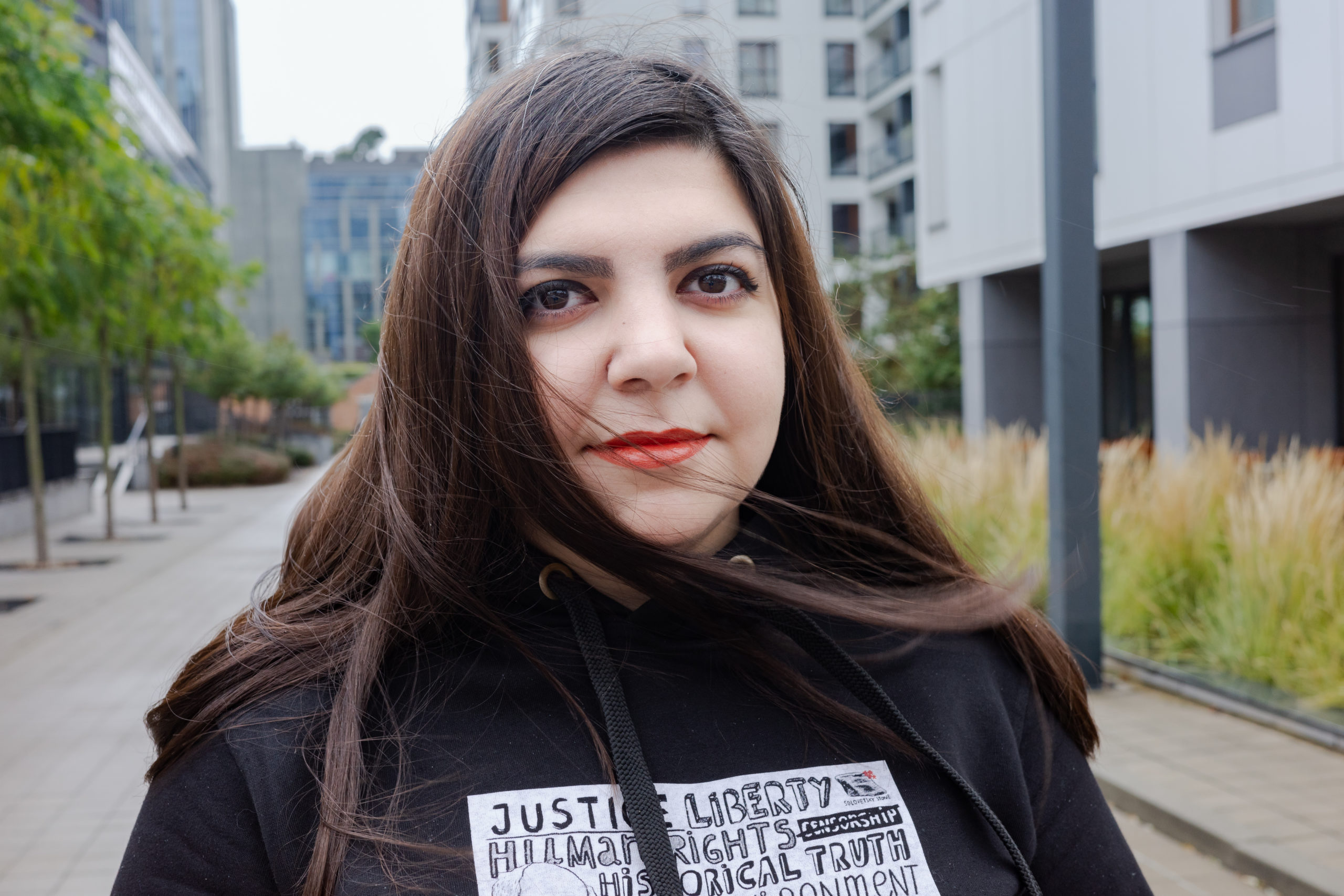Marianne Initiative 2023 Laureate, lawyer Shahanur Islam is dedicated to the LGBTQI+ community and minorities in Bangladesh.

L'œil de la Maison des journalistes
Liberté d'informer & Accès à l'information

Marianne Initiative 2023 Laureate, lawyer Shahanur Islam is dedicated to the LGBTQI+ community and minorities in Bangladesh.

Freedom of speech is the principle supported by individuals or communities to freely express their opinions without fear, without surveillance or under the obligation to …

Winner of the 2023 Marianne Initiative and founder of Voice of Ezidis, Farhad has never stopped fighting for his people and human rights.

Winner of the 2023 Marianne Initiative, Tamilla Imanova talks to L’Œil about human rights defense and activism in Russia.